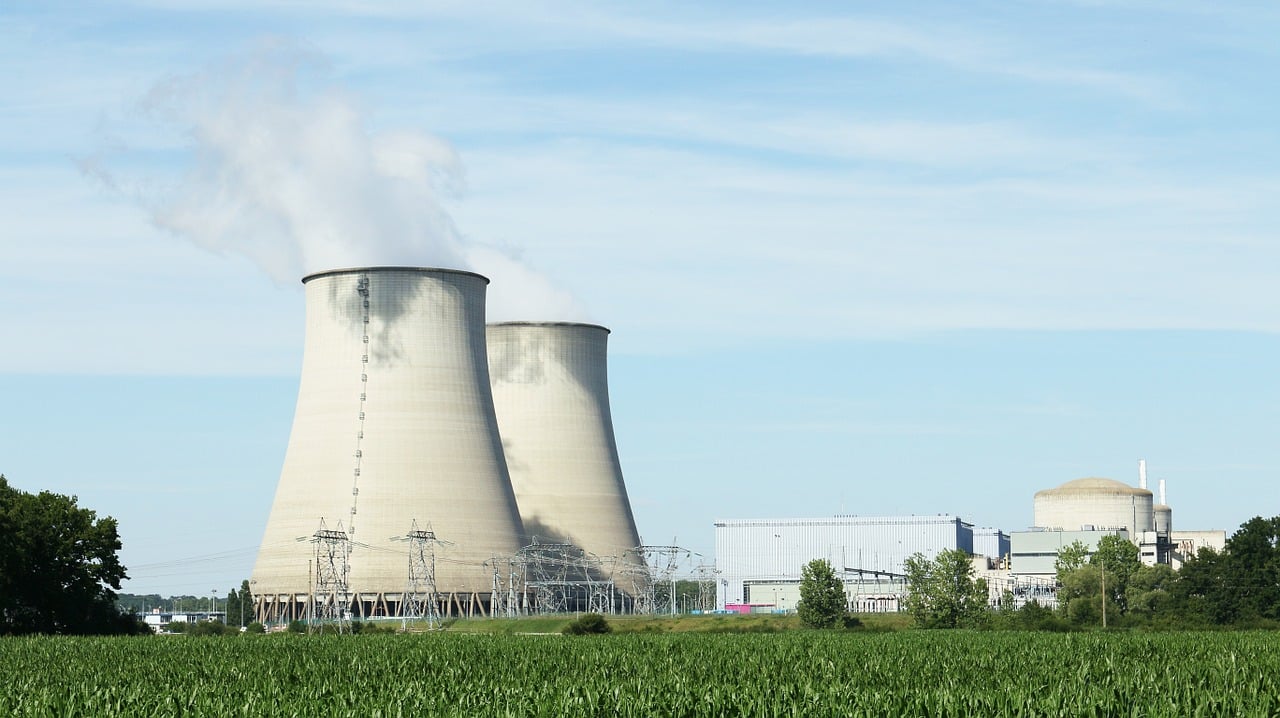Nuclear Energy Considered as Alternative to Help Biden Reach Climate Goals

WASHINGTON — Representatives of the nuclear power industry tried to convince a Senate panel Thursday that much of the answer to reducing global warming is already within our grasp.
Nuclear energy technology has advanced beyond the horrors of meltdowns and city-killing blasts to become a practical way of powering the nation’s electrical grid, they said.
It also could be turned over to private companies to produce medical treatments, hydrogen for a new breed of vehicle engines and to desalinate seawater for municipal water systems.
“Nuclear energy is a proven, low-emission option that can provide consistent, dispatchable power to meet electricity demands,” said Shannon Bragg-Sitton, a division director for Idaho National Laboratory.
She testified before the Senate Committee on Energy and Natural Resources as it tried to determine whether new nuclear power systems could help the Biden administration reach its goal of eliminating fossil fuels in the U.S. by 2035.
Separately, she told The Well News that nuclear energy has the advantage of being multifaceted.
“As part of integrated energy systems, current and future nuclear reactors would continue to generate electricity when demand is high,” she said. “But when demand is low, or when ample electricity is available from renewables, those reactors could divert excess energy in the form of heat, steam or electricity to a wide range of applications — from purifying water and heating greenhouses to producing hydrogen and manufacturing steel.”
Much of the U.S. power grid is fueled by coal-fired and hydropower plants, which were built for the sole purpose of generating electricity.
Any new development of nuclear power as an alternative energy source is likely to depend on votes pending in Congress on Biden’s aggressive climate policy.
The president proposes $555 billion in programs to reduce greenhouse gas emissions and clean up the environment. Alternative energy, such as solar, wind generators and nuclear power, would receive big infusions of money to replace oil and gas under Biden’s proposal.
If Biden’s plan for infrastructure improvements are added, Congress would allocate more than $900 billion to climate change through grants, tax credits and other measures.
A final vote could come as soon as next week. So far, it is stalled by Republicans and two holdout Democrats who are concerned Biden’s plan would add too much to the federal deficit.
The president returned to Washington Tuesday from the COP26 climate change summit in Glasgow, Scotland, where he committed the U.S. to join in reducing methane emissions and reversing global deforestation by 2030.
Sen. Joe Manchin, D-W.Va., chairman of the Senate Committee on Energy and Natural Resources, said during the hearing Thursday, “I believe advanced nuclear reactors hold enormous potential to provide opportunity to communities across the country with zero-emission, baseload power.”
He also acknowledged steep challenges with current energy supplies.
Industrial emissions have increased 69% since 1990, Manchin said. They make up about 28% of total greenhouse gas emissions.
Meanwhile, developing countries are trying to help their economies by investing in more energy-intensive industries, meaning the outlook for global warming is getting worse without a shift to more clean energy, he said.
“This shift is an enormous opportunity to deploy new technologies domestically and abroad to promote job growth here in the U.S. as the demand for nuclear technologies that reduce emissions and deliver industrial products such as hydrogen, chemical feedstock, district heating, water purification and building materials increases,” Manchin said.
Michael J. Guastella, executive director of the Council on Radionuclides and Radiopharmaceuticals, Inc., said more than 20 million medical procedures using radioactive material are performed in the U.S. every year. However, the U.S. lacks the facilities to produce the material, instead relying on imports.
“Nuclear medicine is integral to the care of patients with cancer, heart disease and brain disorders,” Guastella said.
Licensing reactors to produce the material for nuclear medicine could relieve the dependence of U.S. hospitals on foreign suppliers, he said.
Tom can be reached at [email protected]

























